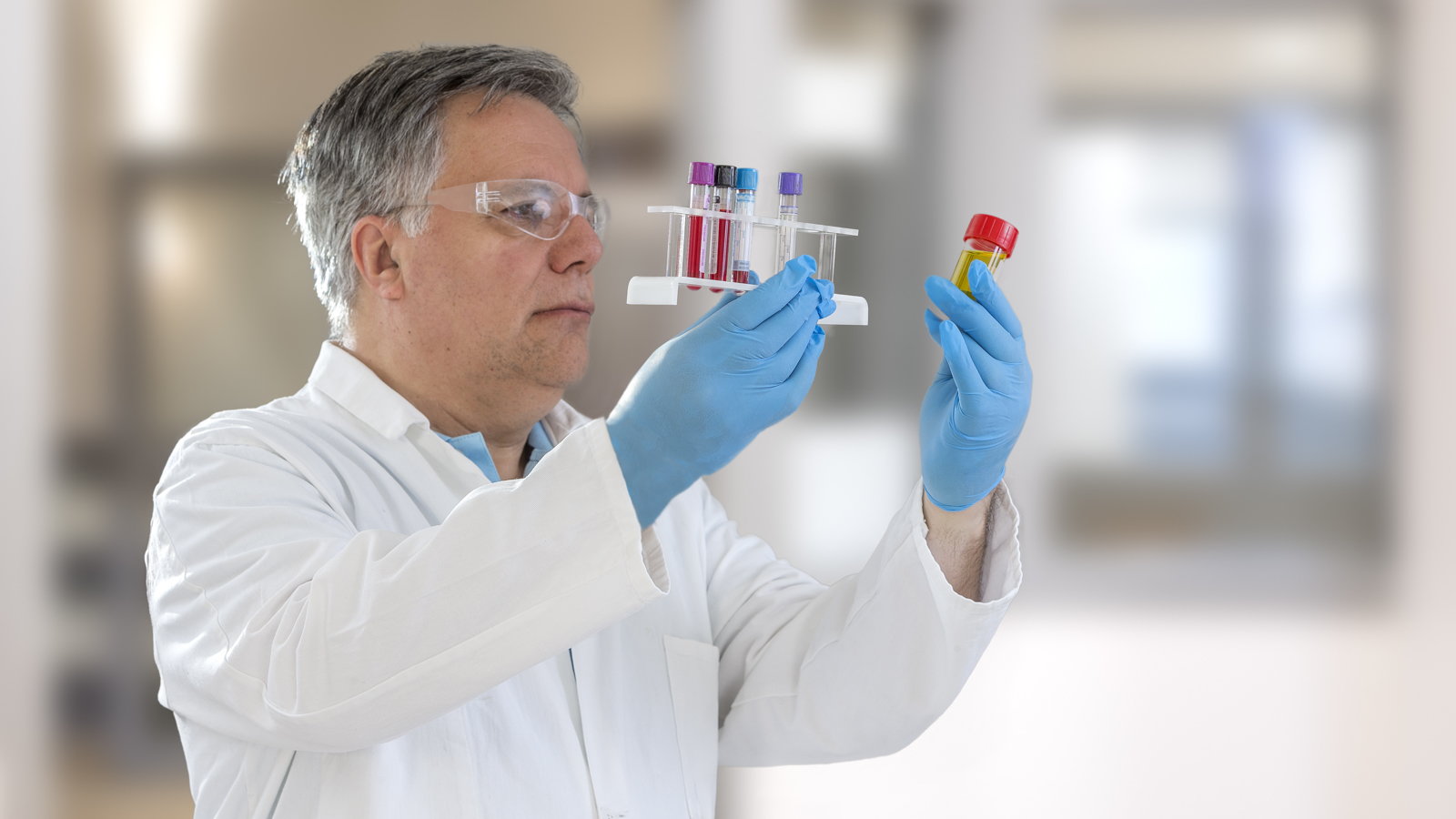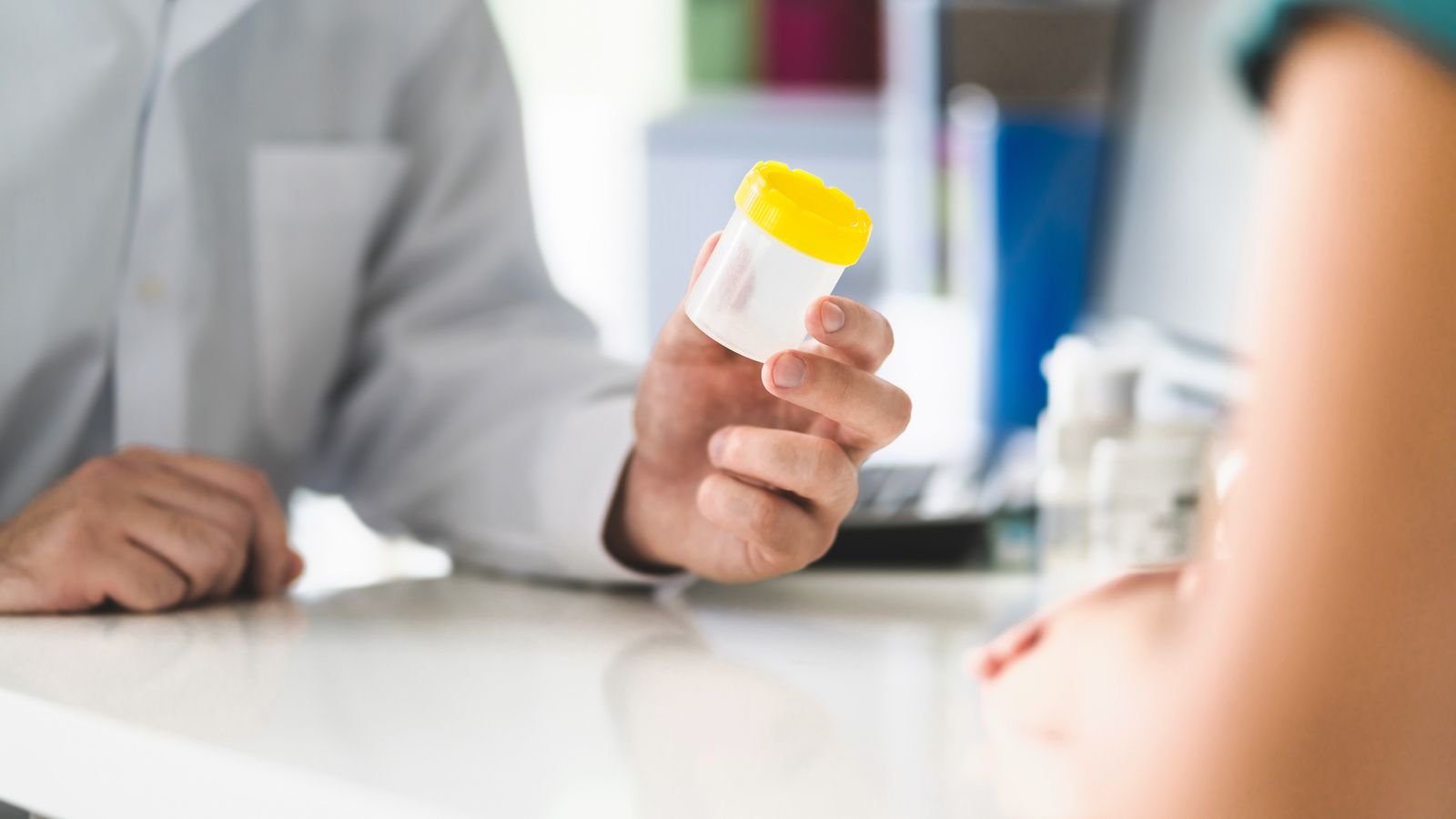
A sexually transmitted disease (STD) is an infection or disease passed from person to person through sexual contact. In the United States, about 20 million new infections are estimated to occur each year. If you are pregnant and have an STD, you may pass the infection to your baby. Therefore, every woman who is pregnant should be checked for STDs during their first prenatal checkup. Women should be aware of the harmful effects of STDs and know how to protect themselves and their unborn baby against infection.
Lower Your Risk
The best way to reduce your risk of STDs during pregnancy (besides abstinence) is to refrain from having sexual contact with someone who is infected. Being pregnant does not protect you or your baby against STDs. Condoms can reduce your risk of getting some STDs if used EVERY time you have sex. However, a condom will only protect the area it covers. Washing your genitals, urinating, or douching after sex will not prevent any STD.
Symptoms of Common STDs
Bacterial Vaginosis ~ Most women will show no symptoms. Women with symptoms may experience vaginal itching, painful urination, or discharge with a fishy odor. BV is very common among pregnant women in the United States.
Chlamydia ~ Most women have no symptoms. Women with symptoms may experience abnormal discharge, burning when urinating, or bleeding between menstrual cycles. If the infection is not treated, it can lead to lower abdominal and back pain, nausea, fever, and pain during sex.
Genital Herpes ~ During an “outbreak,” your symptoms may include small red bumps, blisters, or open sores on your vagina, discharge, fever, headaches, muscle aches, painful urination, itching, and burning in the genital area. Your symptoms may go away and return. Sores usually heal in 2-4 weeks.
Gonorrhea ~ Symptoms are often mild and can be mistaken for a bladder infection. Women may experience pain or burning while urinating, yellowish discharge, or bleeding between menstrual cycles.

Hepatitis B ~ Women may have no symptoms. Women with symptoms may experience mild fever, headache and muscle aches, fatigue, loss of appetite, nausea, diarrhea, dark colored urine, stomach pains, and skin or whites of eyes turning yellow.
HIV/AIDS ~ Symptoms may not occur for 10 years or more. Women with symptoms may experience extreme fatigue, rapid weight loss, frequent low fevers and night sweats, frequent yeast infections, menstrual cycle changes, red, brown or purplish blotches on the skin or inside the mouth, nose, or eyelids.
* NOTE: While each STD causes different health problems, the majority of STDs cause cervical cancer, liver disease, pelvic inflammatory disease, infertility, pregnancy problems, and other complications.
Get Tested
As you can see, some STDs cause no symptoms, so you may not be aware that you are infected. Even if there are no symptoms, STDs can still be passed from person to person. If you are pregnant, it is important to get tested during your first prenatal checkup. Most STDs can be found with a simple test. Your partner may have an STD, so they should get tested as well. Avoid having sex until you’ve both finished your treatment, so you don’t re-infect each other.
STDs and Your Baby
An STD may cause early labor, cause the water to break early, and cause infection in the uterus after birth. You may pass the infection to your baby before, during, or after the birth. A doctor might decide to do a C-section to protect your baby from infection because an STD can cause serious health problems. The harmful effects on the baby may include low birth weight (less than 5 pounds), eye infection, pneumonia, brain damage, lack of coordination in body movements, blindness, deafness, liver disease, or stillbirth.
Treatment
Fortunately, many STDs can be treated and cured with antibiotics. Your doctor can recommend medicines that are safe to take while you are pregnant. Make sure you finish the entire dose to be sure the infection is gone. Do not share your medicine with someone else.

